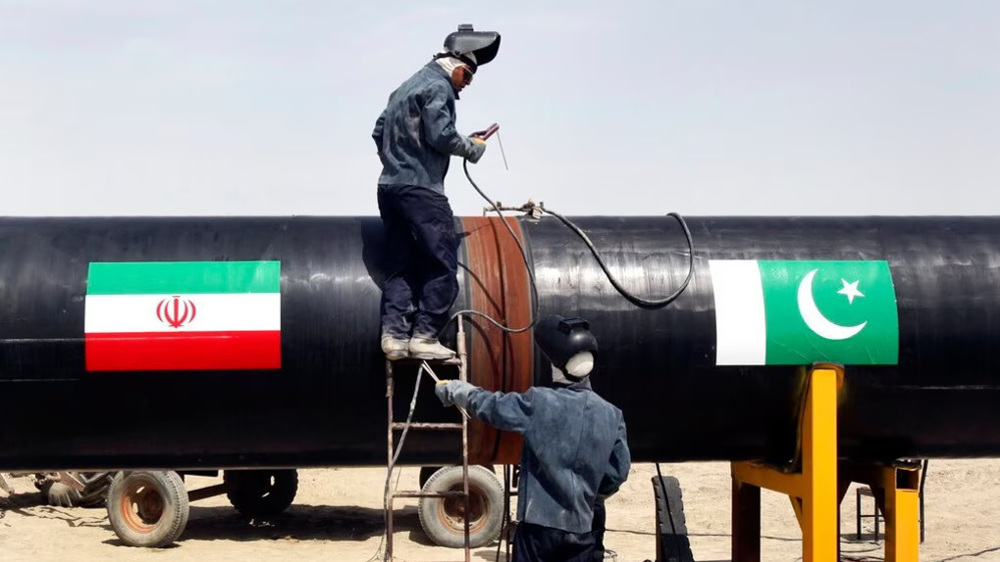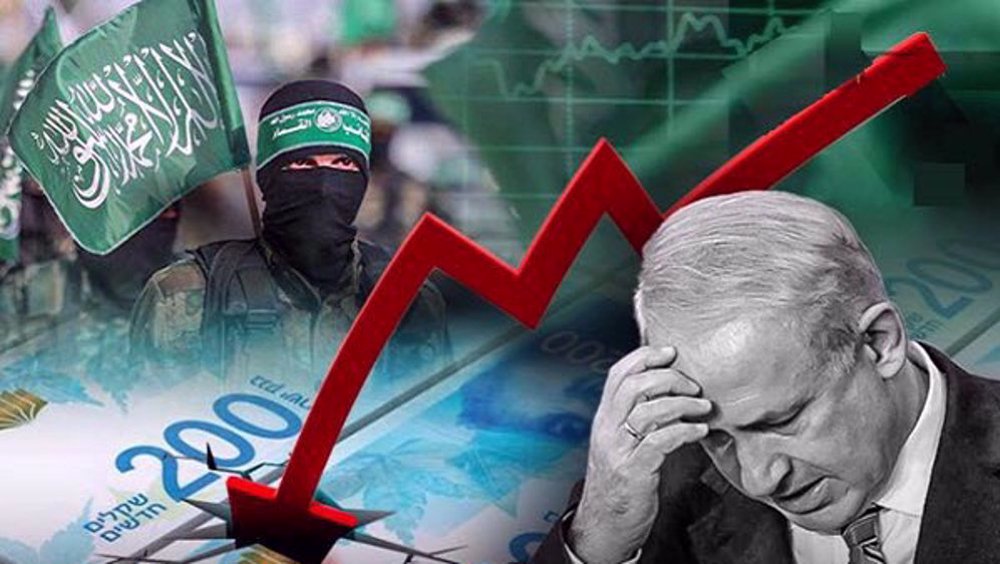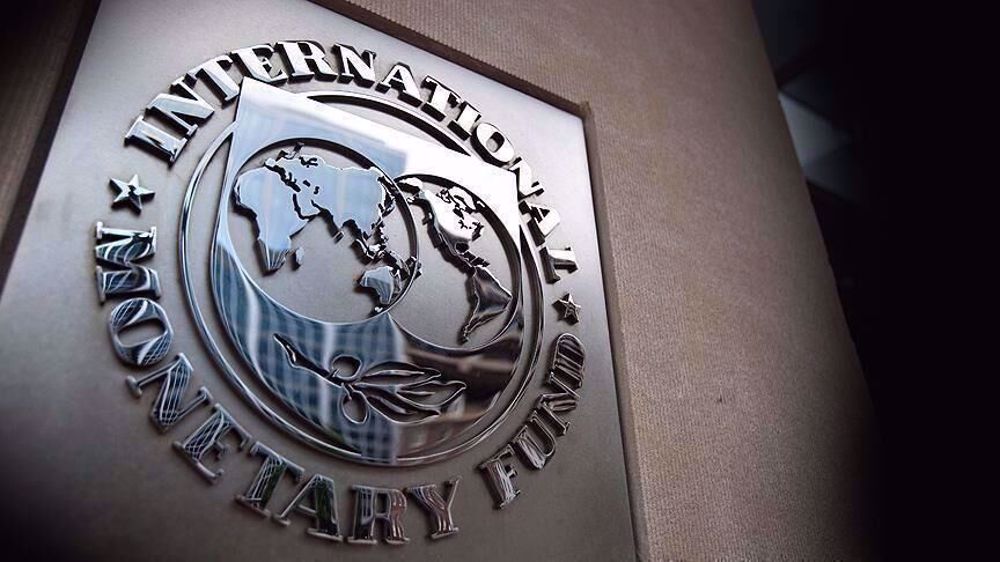Tribunal allows Ghana to continue oil drilling in disputed waters
An international tribunal hearing a maritime dispute between Ghana and the neighboring Ivory Coast says Accra can continue to drill for oil in waters disputed with the neighboring Ivory Coast.
The international maritime tribunal on Saturday allowed Ghana to continue developing a USD4.9-billion oil project in an offshore area that is subject of a border dispute with the neighboring Ivory Coast. The court, however, banned any kind of new drilling by Ghana.
The court ruling came after Ivory Coast officials took their case to the Hamburg-based International Tribunal for the Law of the Sea after months of fruitless negotiations with their neighbor.
Abidjan had asked the body to suspend all ongoing oil exploration and exploitation by Ghana. The court, however, opined that doing so would risk "considerable financial loss to Ghana" and could possibly harm the marine environment, but also told Ghana to "take all necessary steps to ensure that no new drilling... takes place in the disputed area."
The tribunal said Ivory Coast had not provided evidence to show that continued oil development at the Tweneboa, Enyenra and Ntomme (TEN) project would harm the marine environment.
The decision has been considered as positive by the government of Ghana and British firm, Tullow, which leads a consortium developing the TEN oil fields, and has already drilled the wells it needs to begin crude production by the middle of 2016.
Tullow spokesman, George Cazenove, said following the ruling that the project can go ahead and “we will now await instructions from the government of Ghana with regard to implementing those provisional measures that have been ordered” by the court.

The maritime border between the two countries cuts through offshore oil fields that both nations are willing to exploit, but there are claims the boundary has not been properly demarcated. The area in dispute is believed to hold the biggest hydrocarbon resources discovered in West Africa for the last decade.
Ahead of a final ruling on precisely where the maritime border lies, the tribunal ordered both parties to "pursue cooperation and refrain from any unilateral action that might lead to aggravating the dispute."
Both Ghana and Ivory Coast denied that the lawsuit would lead to a change in relations between the two countries, which are West Africa's second- and third-largest economies respectively.
Ghana is also a major producer of gold and cocoa. The country started commercial oil production in 2010 from the Jubilee oil field along its western border, which produces 100,000 barrels per day.
Russia's Lukoil and its US partner, Vanco, are running the offshore sites.
Ivory Coast, which is the world's largest producer of cocoa, is looking to boost its existing offshore oil production in parallel to reviving its mining and agriculture sectors.
SS/SS
Gaza faces imminent famine as people starving to death: UN warns
North Korea to stand up to sanctions, bolster military power: Official
Hezbollah says 2,000 Israeli forces killed, injured in operations since Gaza war began
War of wills: Iran army chief vows crushing response to any aggression
April 24: ‘Axis of Resistance’ operations against Israeli occupation
Tabas sand defeats US military
'US secretly sent long-range ATACMS missiles to Ukraine in recent weeks'
Iran: Awakened world public opinion determined to stop Israel war crimes










 This makes it easy to access the Press TV website
This makes it easy to access the Press TV website